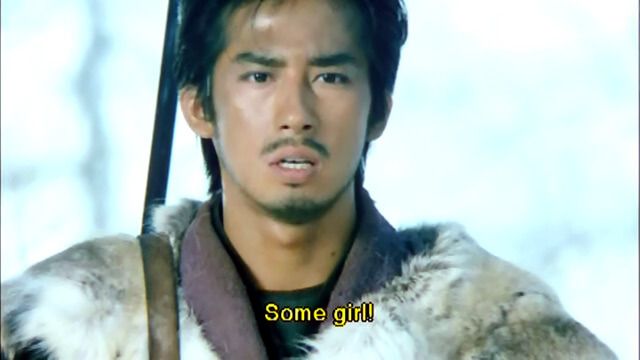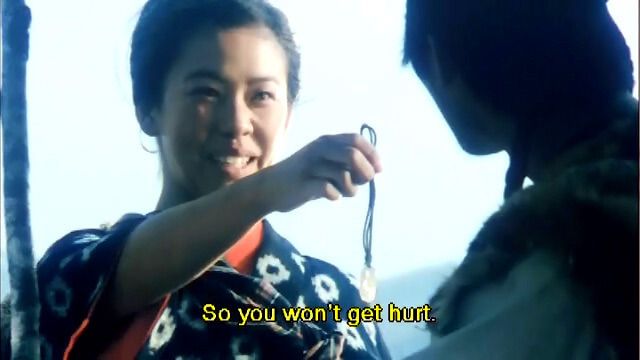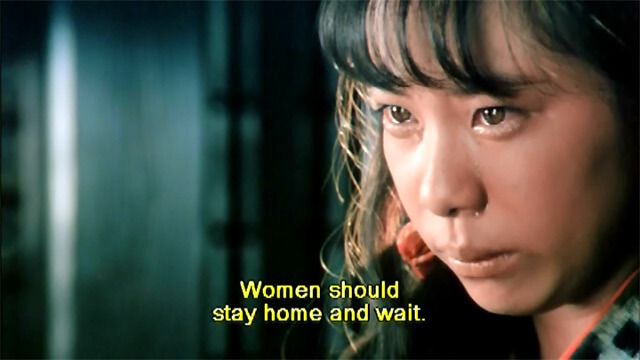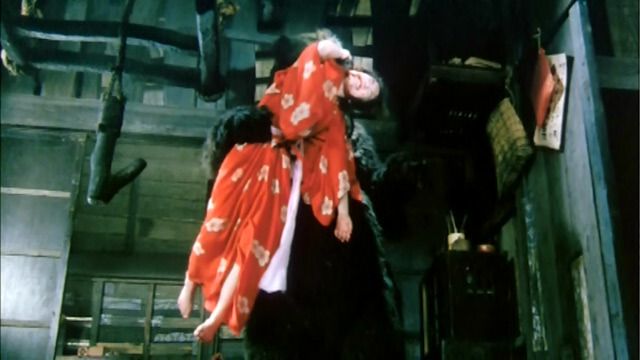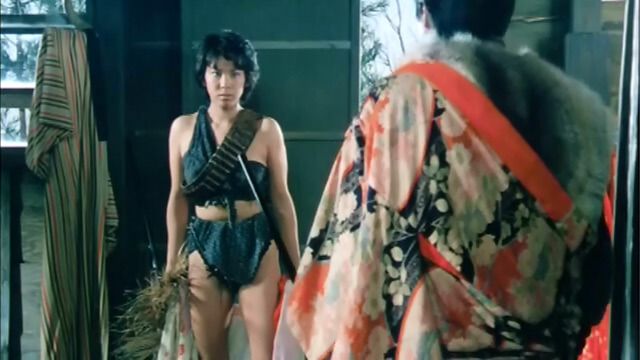More topics from this board
Poll: » Yuri Kuma Arashi Episode 12 Discussion ( 1 2 3 4 )Stark700 - Mar 30, 2015 |
161 |
by zoluer
»»
Aug 9, 2024 12:18 AM |
|
Poll: » Yuri Kuma Arashi Episode 5 Discussion ( 1 2 3 )Stark700 - Feb 2, 2015 |
107 |
by Bing_101010
»»
Sep 16, 2023 9:44 PM |
|
Poll: » Yuri Kuma Arashi Episode 3 Discussion ( 1 2 3 )Stark700 - Jan 19, 2015 |
140 |
by Bing_101010
»»
Sep 16, 2023 9:14 PM |
|
Poll: » Yuri Kuma Arashi Episode 2 Discussion ( 1 2 3 4 )Stark700 - Jan 12, 2015 |
194 |
by Bing_101010
»»
Sep 16, 2023 8:57 PM |
|
Poll: » Yuri Kuma Arashi Episode 1 Discussion ( 1 2 3 4 5 ... Last Page )Stark700 - Jan 5, 2015 |
417 |
by Bing_101010
»»
Sep 16, 2023 8:39 PM |
